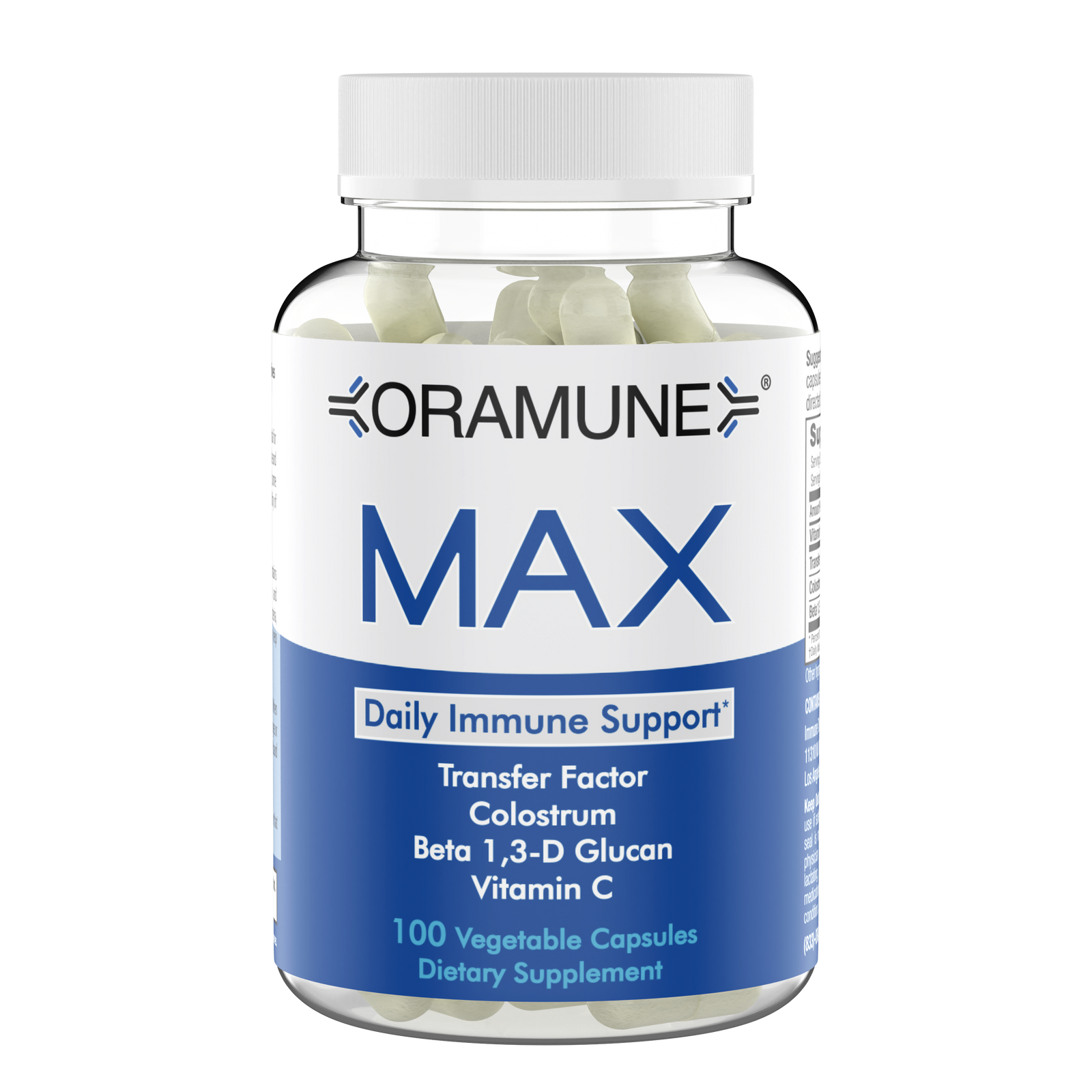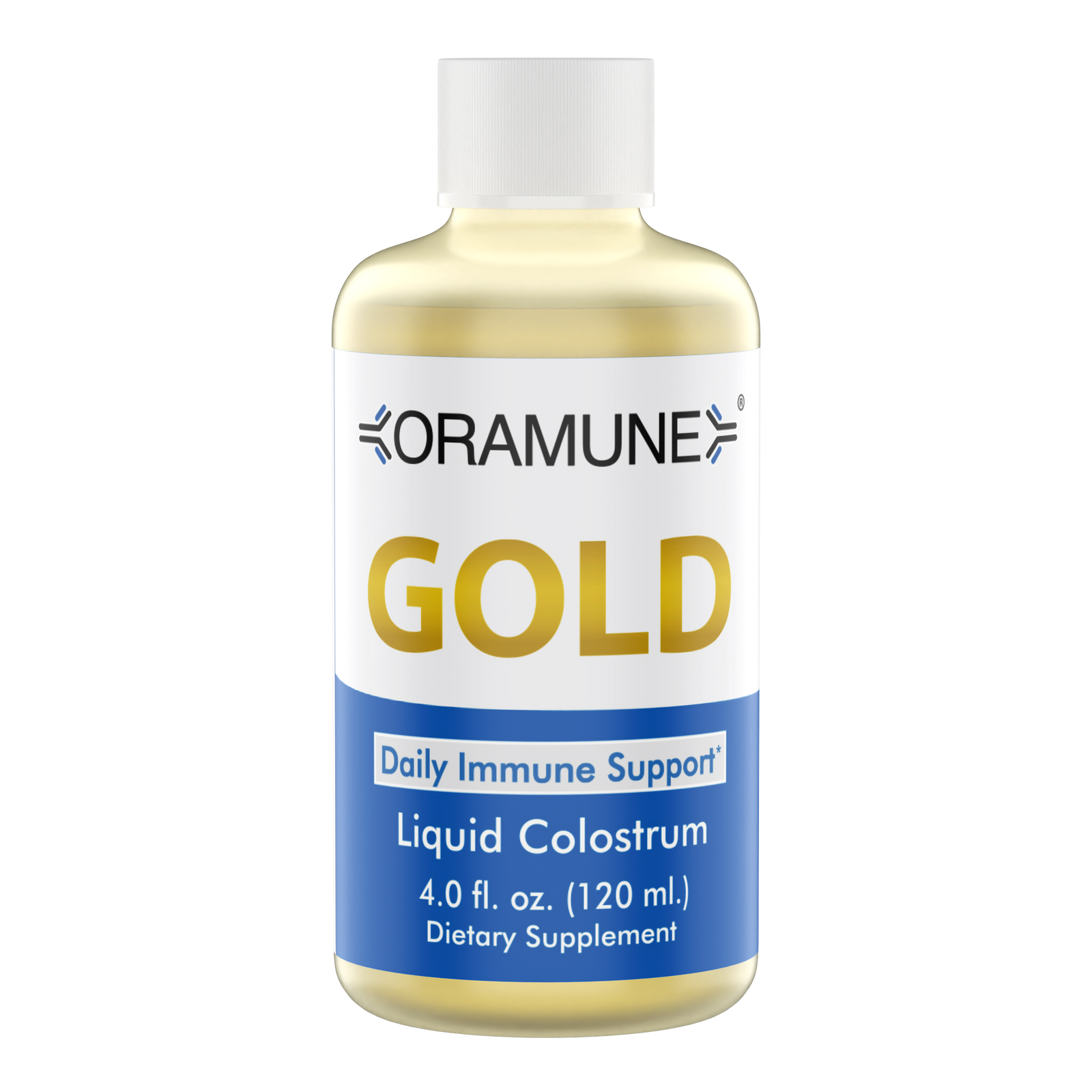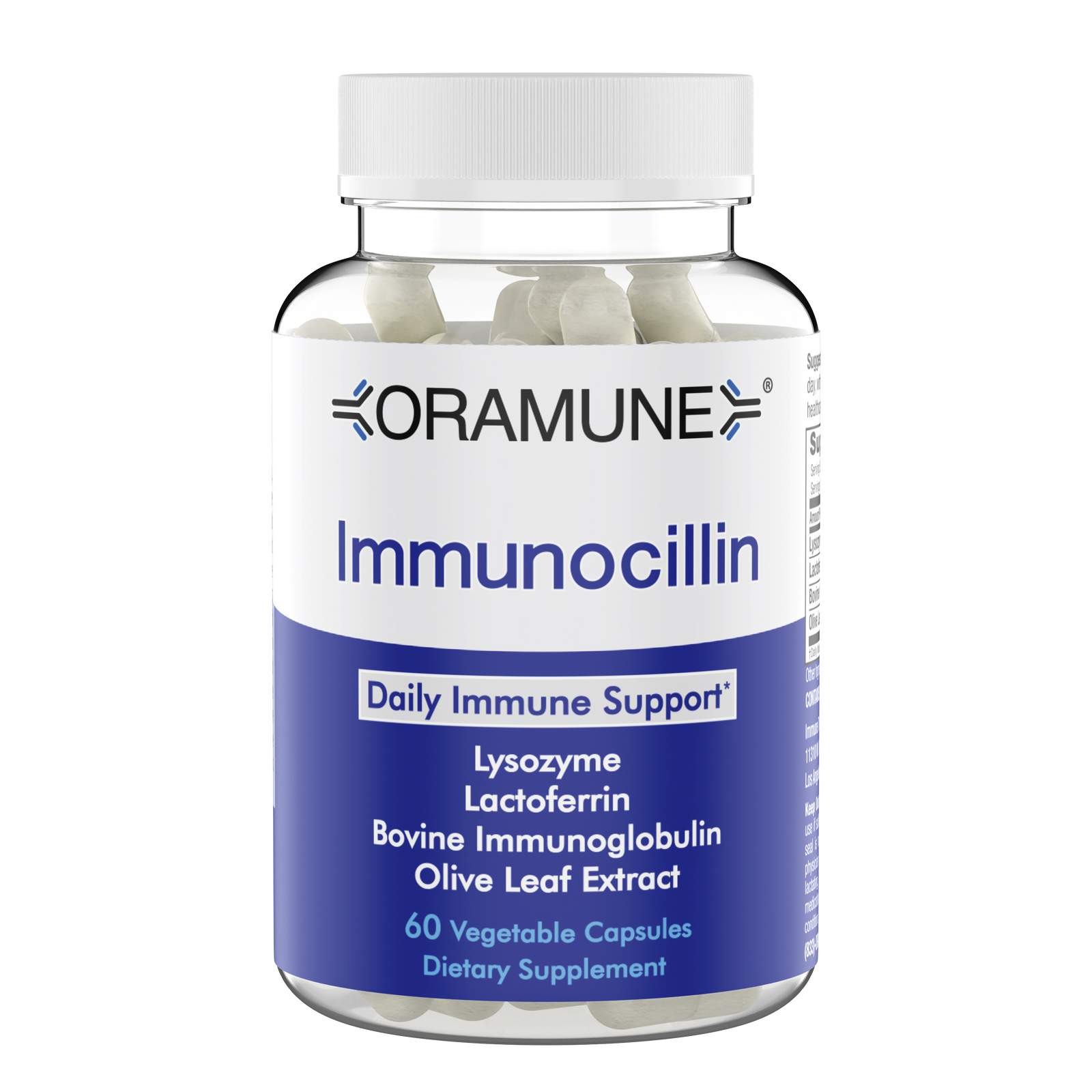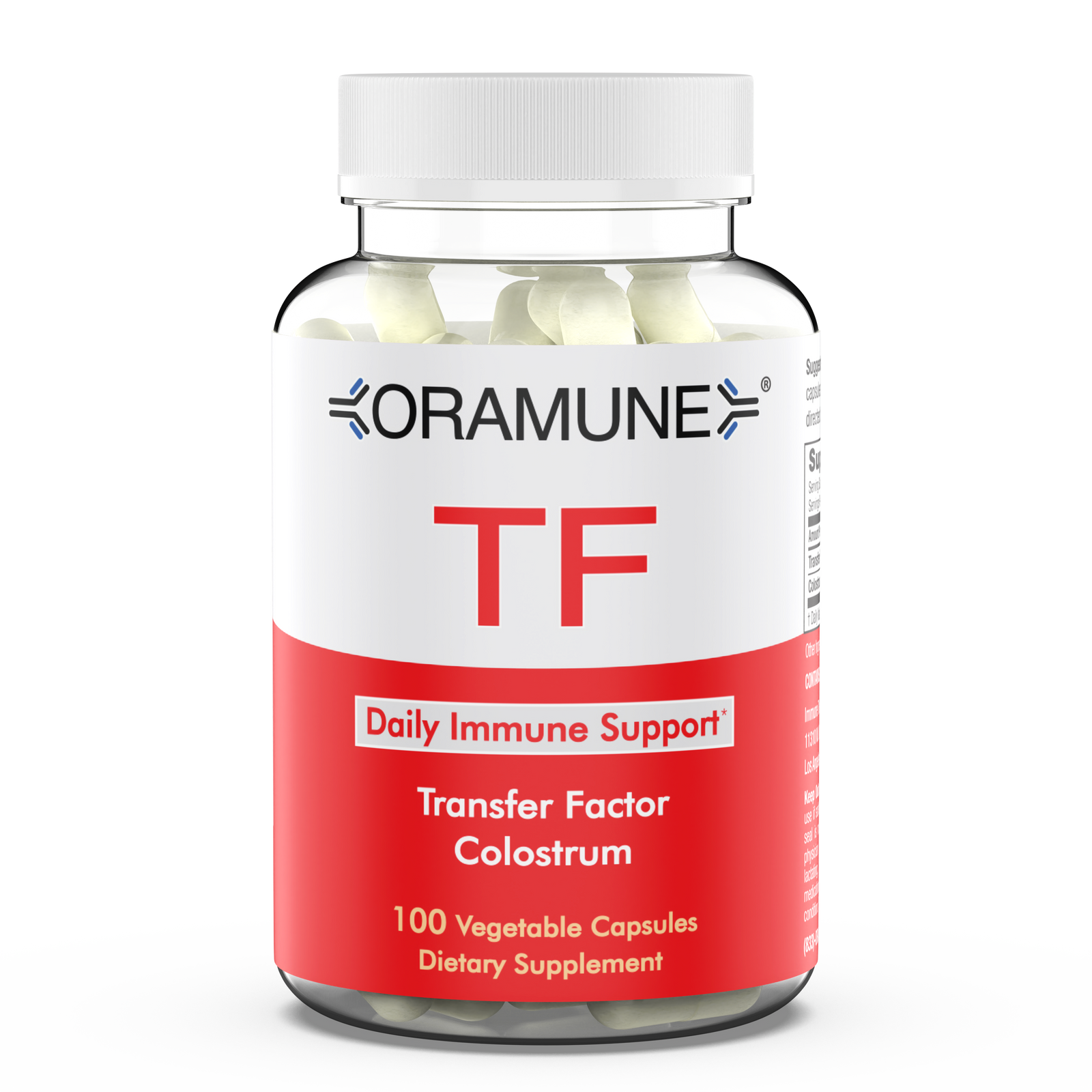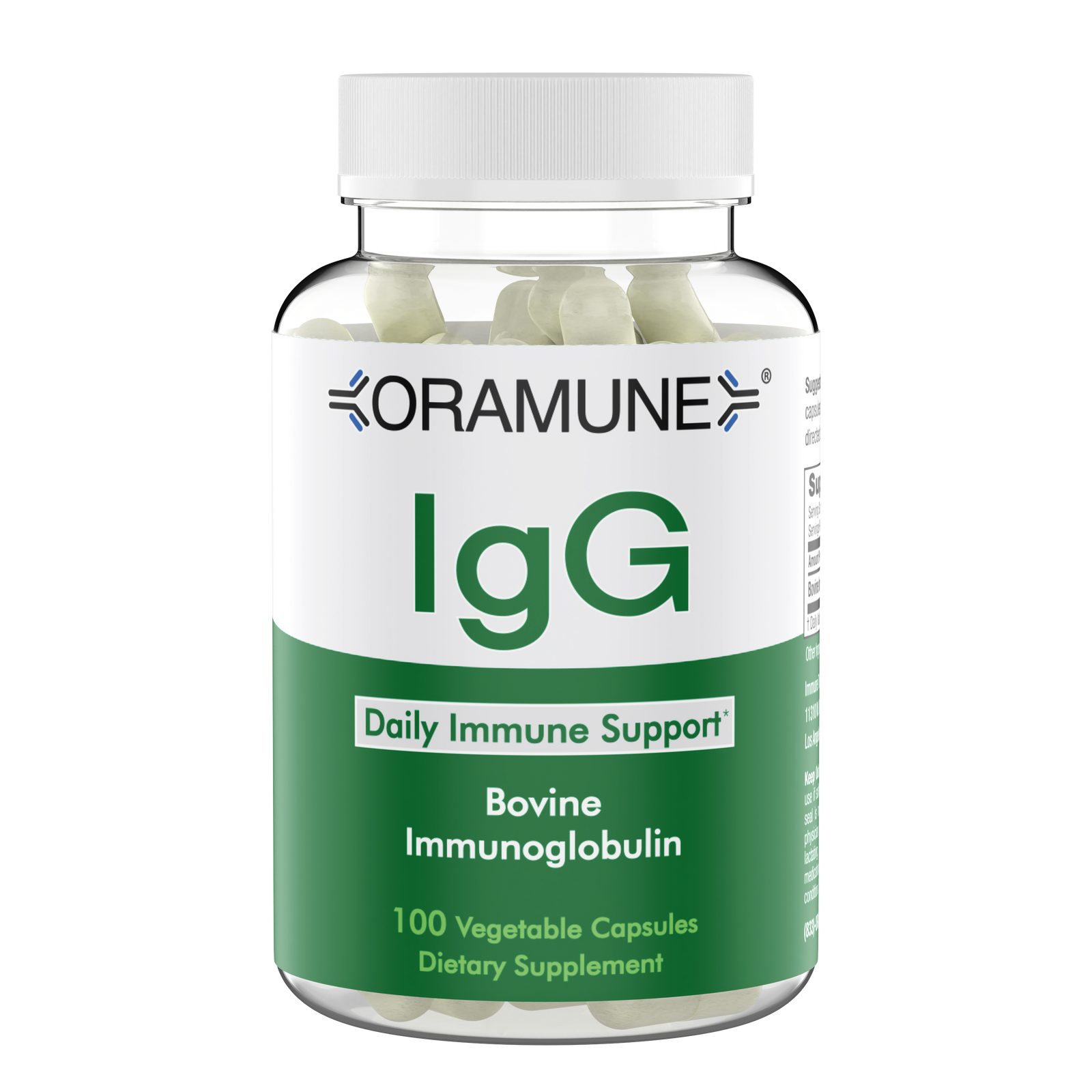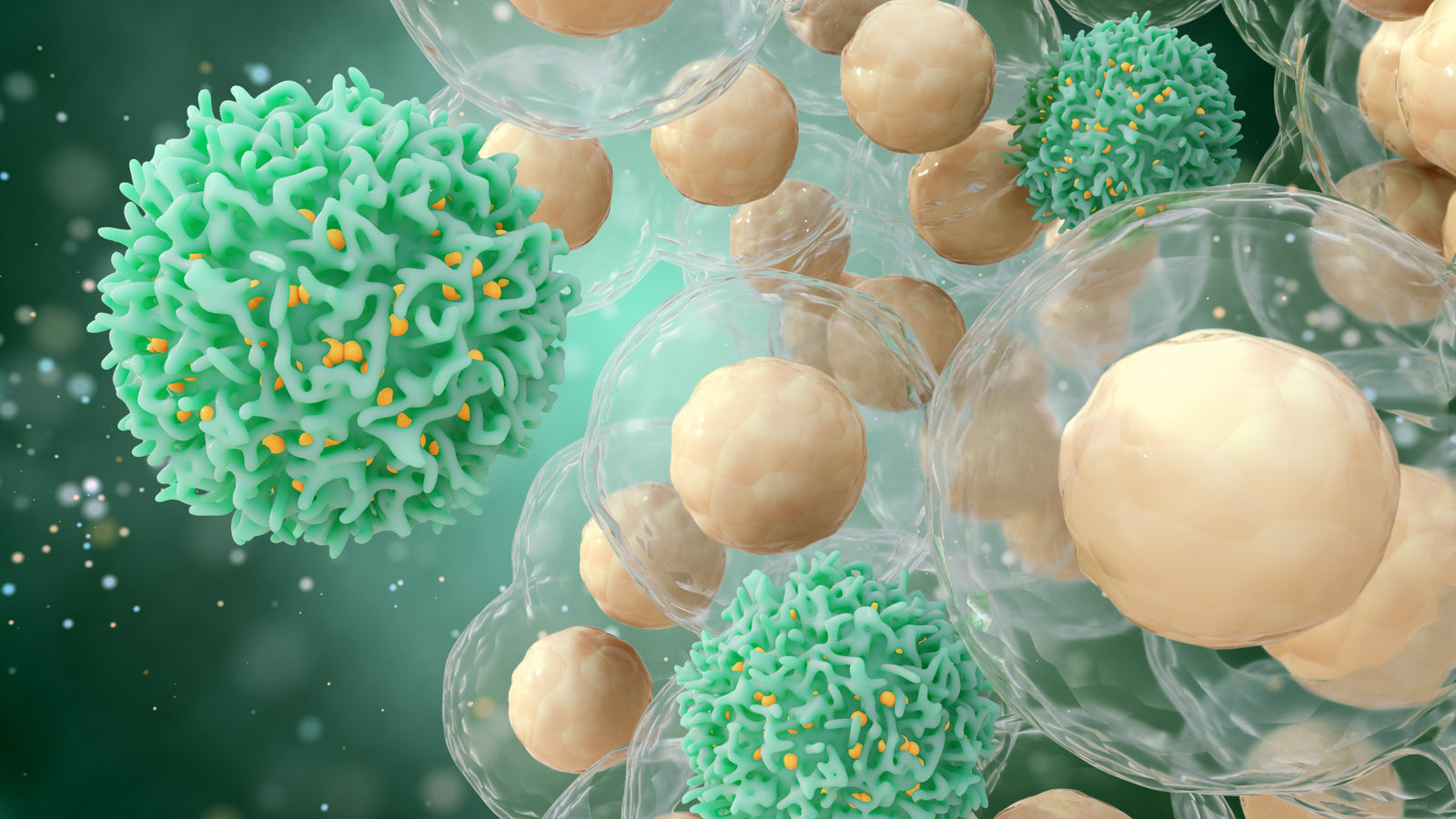What is Immunotherapy?
The term “Immunotherapy” is most commonly used around treatments for cancer, but it can refer to any form of therapy that utilizes the inherent nature of a person’s immune system to boost the response to any infection, disease or cancer. Immunotherapy also has a great potential in maintaining health and wellness, treating infections without the worry of antibiotic resistance, treating autoimmune and allergic diseases, improving transplant responses and for the prevention and treatment of various cancers.
Non-Specific Immune Stimulators
Non-specific immune stimulators represent a wide array of naturally produced cellular molecules known as cytokines, growth factors and other molecules that can stimulate cells of the immune system—this can be used to evoke all arms of the immune system, both the innate and the acquired immune systems. Non-specific immune stimulators can also be immunomodulating drugs (also known as biological response modifiers) and include Thalidomide (Thalomid®), Lenalidomide (Revlimid®), Pomalidomide (Pomalyst®) and Imiquimod (Aldara®, Zyclara®). Naturally produced immune stimulators include:
- Cytokines include interferons (IFNs) and interleukins (ILs)
- Growth factors include erythropoietin, interleukin-11 (IL-11) and both Granulocyte-macrophage colony-stimulating factor (GM-CSF) and granulocyte colony-stimulating factor (G-CSF).
- BCG or Bacillus Calmette-Guérin is one of the oldest immune stimulators and is a weakened form of the tuberculosis bacteria.
- Transfer factor
Cancer Immunotherapy
Immunotherapy is based on the concept that the immune system constantly surveils the body for cancer cells. In theory, cancer cells develop quite commonly—and a good portion of those cancer cells are killed off by the immune system—we just never really know it is happening. However, cancer cells have lots of ways to evade the immune system and immunotherapy strategies depend on stopping this evasion. Immunotherapy tries to find ways to overcome these different evasive tactics by enlisting elements of the immune system.
There are lots of different approaches to immunotherapy—this is one of the advantages a complex immune system gives us! Here are some of the most common approaches:
- Monoclonal antibodies (MAbs) are identical antibodies produced by clones of B cells that have a specific target. These can also be used as drugs—you can usually recognize them because they end in “mab”.
- Checkpoint inhibitors. Checkpoints regulate the immune system, but some forms of cancer turn off the checkpoint, freeing tumor cells to grow…unchecked. The checkpoint inhibitors turn the regulatory system back on and allow killer T cells to do their job.
- CAR T-cell therapy is also known as adoptive cell therapy or T cell transfer therapy. T cells are removed from a person’s blood and altered to become a Chimeric Antigen Receptor (CAR) T cell. The new genetically engineered CAR T cell is designed to kill the original person’s specific tumor cells.
- Tumor-Infiltrating Lymphocyte or TIL therapy is similar to CAR T cell therapy—except in this case, the T cells are designed to kill the tumor from the inside. CAR T cell therapy targets the outside of the tumor cell.
- Cancer vaccines are in a very early stage of development but are much like vaccines for infectious diseases like measles and polio. Vaccines used killed or weakened viruses or bacteria to stimulate and educate the immune system. Cancer vaccine research is studying the potential of using weakened cancer cells, parts of cancer cells, DNA and other types of molecules to stimulate the immune system.
Transfer Factor
Transfer factor is a complex mixture of factors derived from T-helper cells. In animal studies, transfer factor (TF) “transfers” some forms of immunity to the recipient, can increase the numbers of T cells and can shrink some tumors. Recent studies with transfer factor indicates that it may be useful in controlling autoimmune diseases, disorders associated with a suppressed immune response and with the development of immune memory. Other studies indicate that TF may be useful in the treatment of “cancer, heart disease, Alzheimer’s disease, rheumatoid arthritis, hepatis and other major diseases”
Interest in TF as a non-specific immune stimulator has grown in recent years and may be useful in many different forms of cancer—and in maintaining health and wellness.

